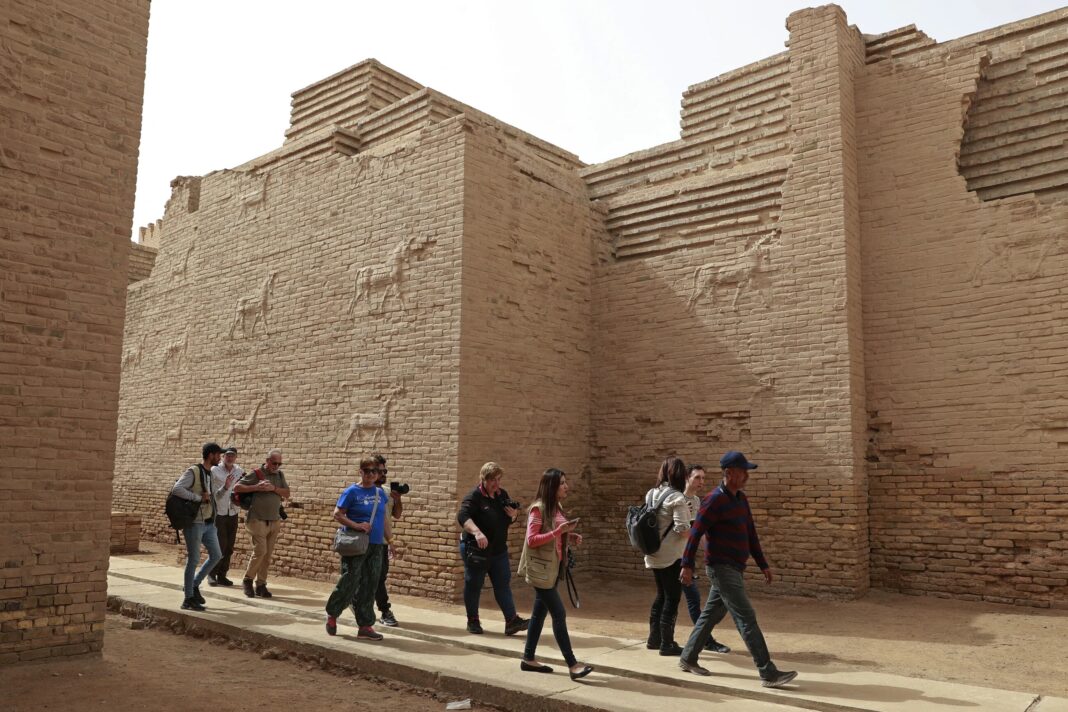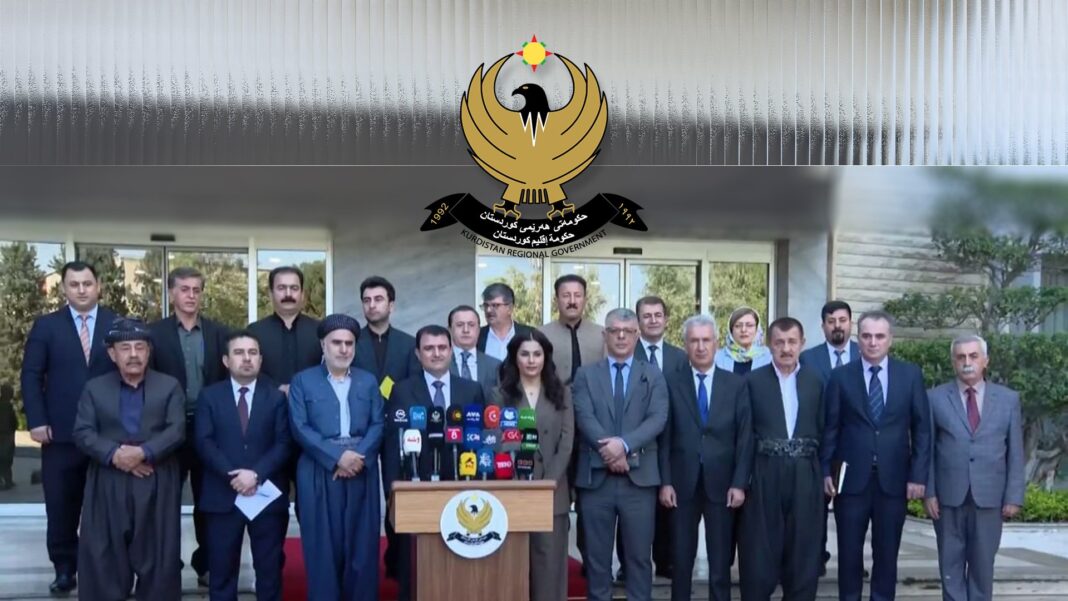Iraq tourism growth accelerated significantly in 2024, with revenues climbing to $5.7 billion—up from $4.6 billion in 2023. That marks a 25% increase, according to Iraqi economist Nabil al-Marsoumi. This sharp rise reflects a growing international interest in the country’s cultural, religious, and historical significance.
Al-Marsoumi explained that Iraq now ranks seventh among Arab nations in tourism revenues. The country trails behind the UAE, Saudi Arabia, Egypt, Morocco, Qatar, and Jordan. While these countries generate larger tourism incomes, Iraq’s year-on-year growth signals increasing momentum.
Despite this progress, Iraq ranked only 105th globally in 2024 in terms of international visitors. The country welcomed around 892,000 foreign tourists, representing just 0.1% of global arrivals. Regional leaders such as Saudi Arabia and Egypt received significantly higher numbers, yet Iraq’s potential remains strong.
The government attributes this boost to several key developments. These include cultural restoration efforts, expanding religious tourism, and Baghdad’s new role as the 2025 Arab Capital of Tourism. These factors have enhanced Iraq’s global image and encouraged visitors from across the region.
Restoration projects have been especially influential. Revived heritage sites like Babylon’s Temple of Ninmakh and the iconic Ishtar Gate have attracted widespread attention. Supported by the World Monuments Fund and the U.S. Embassy in Baghdad, these initiatives demonstrate a renewed commitment to cultural preservation.
Earlier this year, President Abdul Latif Jamal Rashid confirmed Baghdad’s upcoming title as the Arab tourism capital. During his meeting with Arab Tourism Organization (ATO) President Bandar bin Fahd Al Fahid, he emphasized Baghdad’s unique identity and historical depth. The announcement underlined Iraq’s efforts to reclaim its place on the regional tourism map.
The president also expressed support for opening an Arab tourism academy in Baghdad. He called this proposal a promising step toward building tourism-related expertise and promoting regional cooperation.
Meanwhile, improved national security has played a major role in this recovery. Stability has reassured both visitors and investors, creating a foundation for sustainable tourism development.
However, challenges still limit further progress. Iraq continues to face hotel shortages, aging infrastructure, and seasonal overcrowding. These issues strain services and affect the visitor experience, particularly during religious festivals.
Still, the positive trends remain clear. Iraq tourism growth reflects both policy changes and renewed global interest in the country’s culture and history. Officials say this momentum could lay the groundwork for long-term economic benefits and broader international engagement.
With global recognition increasing and infrastructure investments underway, Iraq tourism growth appears poised to continue its upward path in the coming years.



